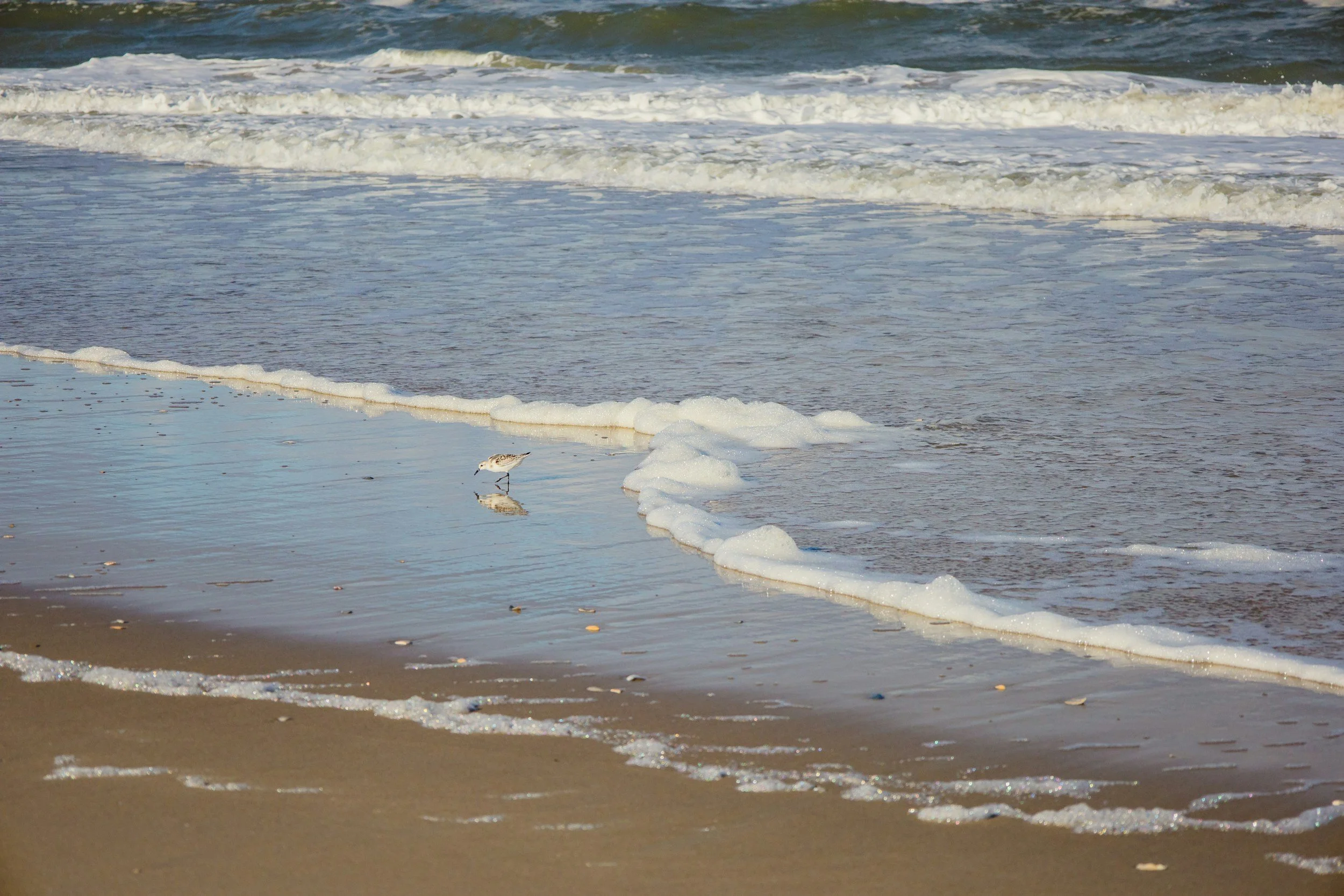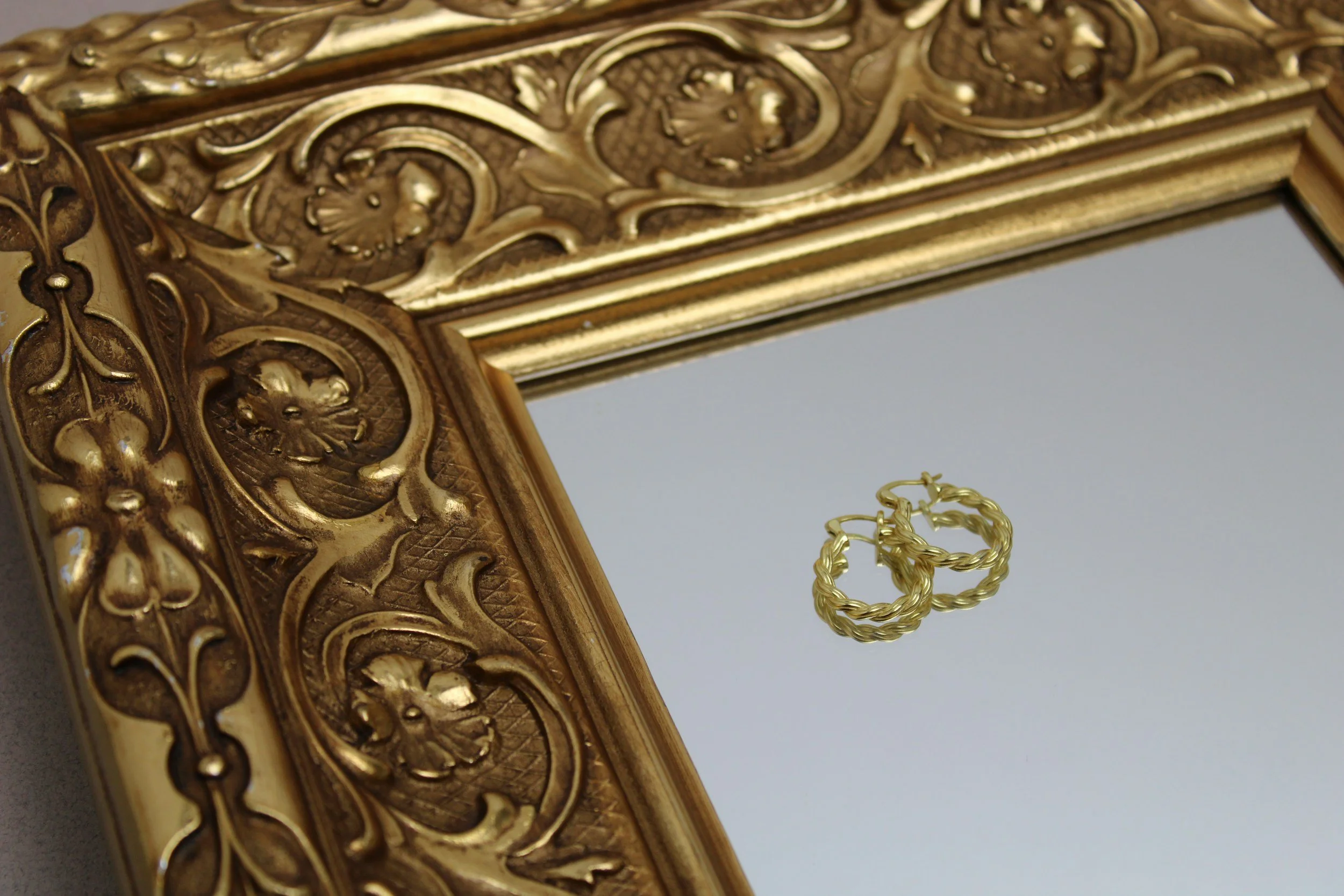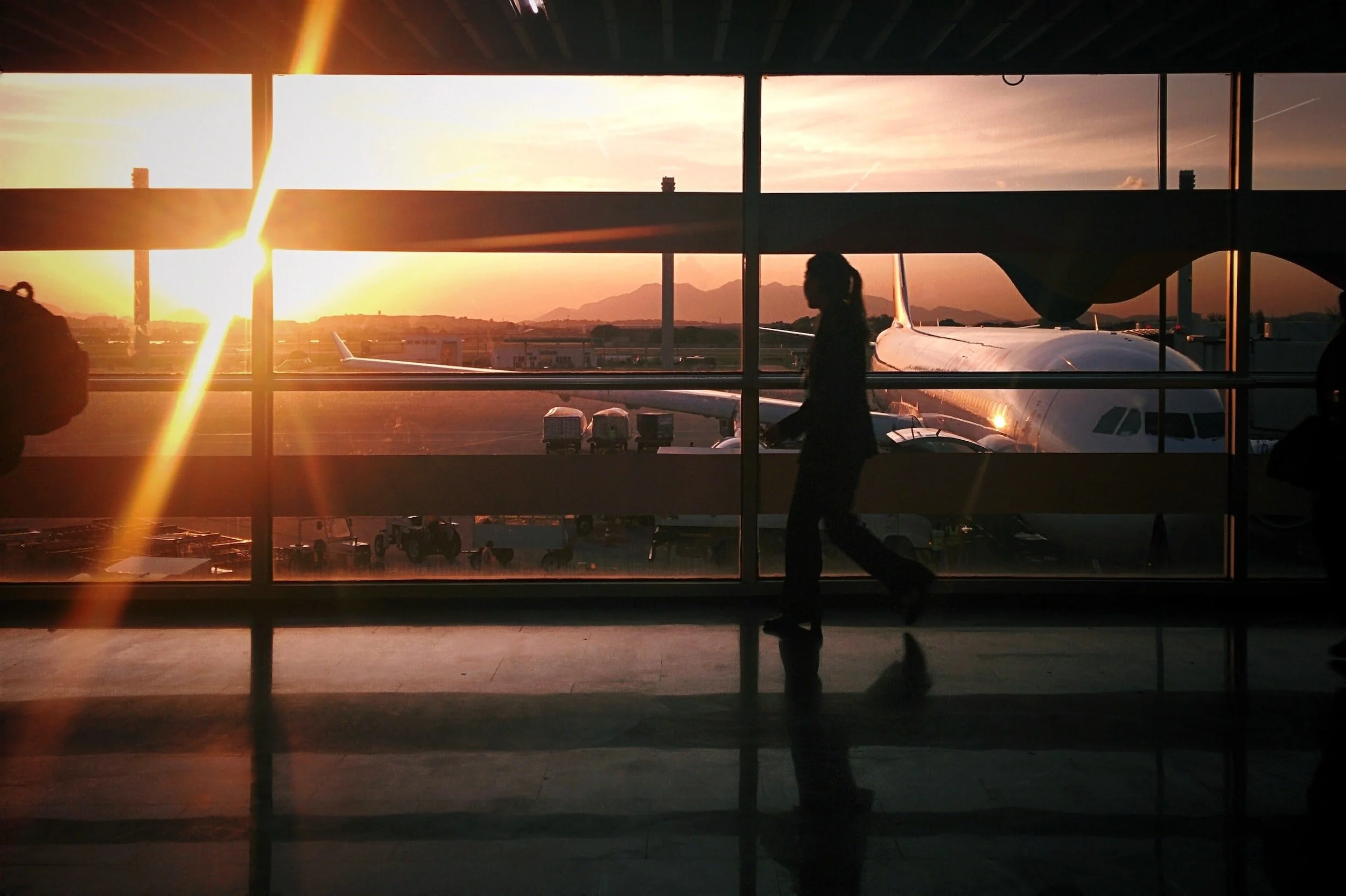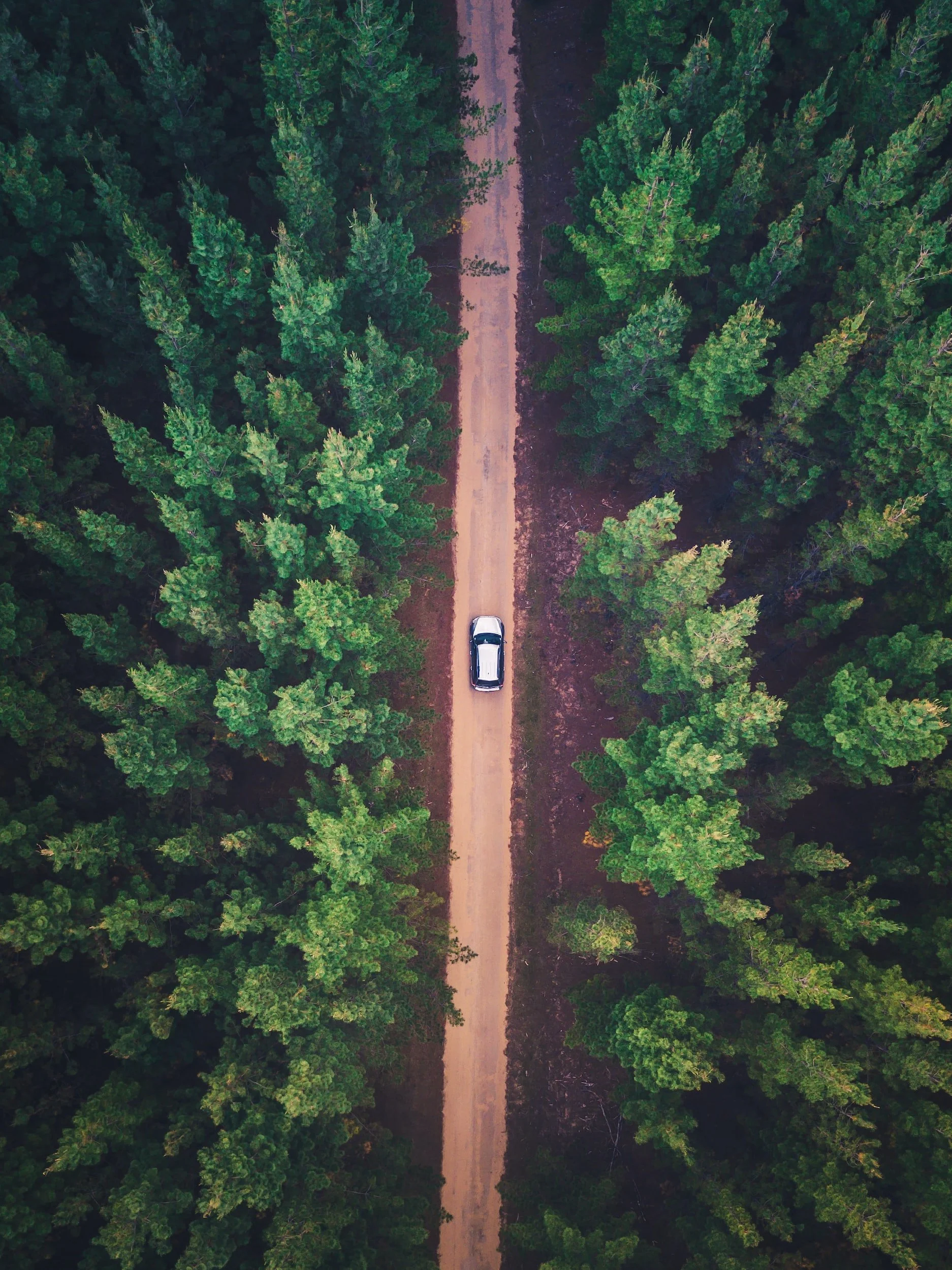Flowers
Because of threats and incidents of terrorism, few Americans were traveling in Europe during the summer of 1986. In spite of that, for reasons not relevant here, my husband and I decided to take a trip to Turkey by way of train from Vienna to Istanbul.
Relatively inexperienced travelers, nervous because of the prevailing circumstances, we became increasingly apprehensive after we left Austria. As we neared Bulgaria, we noticed a hostile difference in atmosphere as we entered more deeply into the world behind the Iron Curtain, beginning with the rude treatment we received in applying for a transit visa at the Bulgarian embassy in Yugoslavia. Only a transit visa was possible; a visitors’ visa was out of the question since they would not let us set foot on Bulgarian soil. As we traveled east, the successive trains got older and dirtier, and no one cleaned them. A train employee added to our misgivings by asking for money or cigarettes.
We were beginning to wonder if the trip was a mistake when two other Americans, a retired couple, joined us in our car. Normally we don’t feel the need to be around other Americans when we travel, but, this time, we were very glad for their company. Even better, they were seasoned travelers, having made this trip before, as well as many other trips all over the world. Photography buffs, they had brought along a lot of camera equipment.
For whatever reasons, our trip through Bulgaria took a long time. We had plenty of opportunity to stand by the open windows of the train to view the red-roofed cottages of the rural countryside. The old, khaki-colored train was slow, and it stopped frequently for some kind of inspection. Each time, we would hear train employees banging metal rods against the steel wheels. While this was going on outside, Bulgarian officers, an intimidating red star displayed prominently on their caps, would come bursting noisily and gruffly into our car to inspect our travel papers. Our fellow American passengers, undaunted by this slow passage, had brought along a bottle of wine which they drank as they calmly savored the excursion.
It was during one of those stops that we witnessed a charming drama. Our train was halted in a tiny village at early evening. Out of our open window we could see the train station, a neat, whitewashed community building, and a few houses. A large cultivated flower garden stood in the middle of our view. We were separated from the village by five or six rows of train tracks. Since the tracks were below ground, the train platform and the village appeared to be raised, giving the impression of a stage setting upon which a group of young children of varying ages were doing some kind of game that looked like a dance. As they frolicked, they glanced from time to time at the train, obviously aware that we were watching them. Our American companions got out their video camera. And the wife made a twirling gesture with her hand, indicating to the children that she wanted them to perform for the camera. This caused them to scatter, but they soon came creeping back to resume a little, self-conscious dance. All was in pantomime, they being too far from us to hear them.
Soon, however, one apparently had the idea of picking some of the garden’s brightly colored flowers for a bouquet, and the others joined in. Presently, they had a bunch of flowers, which one child held out to us in an endearing gesture. Of course, we couldn’t leave the train, and they, obedient children that they were, stopped at the edge of the platform, evidently having been taught not to cross the tracks.
There were a few frustrating moments as the children extended the flowers toward us, we and they separated by physical space and political reality. Then another character entered the scene from stage right. We could see that he, somebody’s father, was coming out to retrieve one of the children, probably for supper. When he reached the children, they ran to surround him, thrusting the flowers into his arms and pointing at the train. He hesitated only a moment, then took the flowers and, jumping from track to track, carried them to the train and presented them to the American woman through the open window. The children were visibly happy that the flowers had been delivered, and the woman held up her wine bottle to demonstrate how she would use it for a vase.
Shortly after, the train began its slow and noisy exodus from the station. The stage gradually shrank into the distance, the train passengers and the villagers returning to their different cultures and their opposing governments, having played out a small drama of a better place, a better world.
-Ann Wienen Edmonds





















